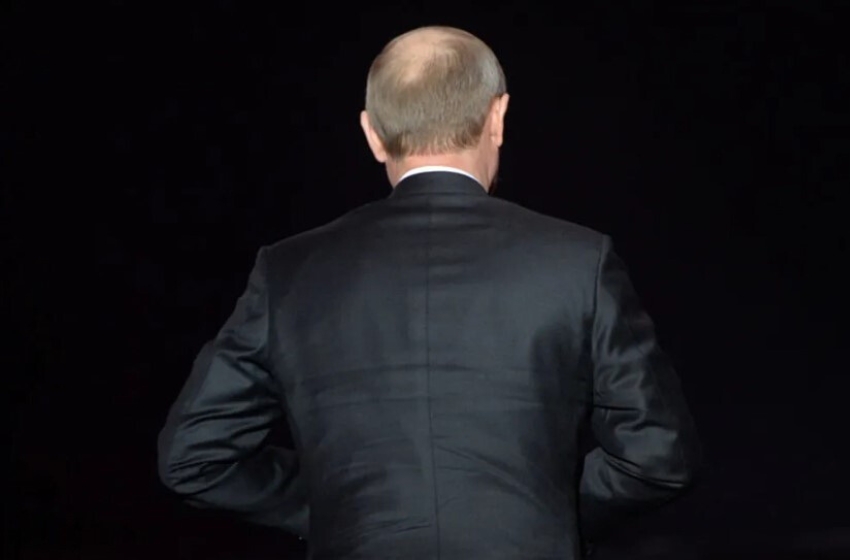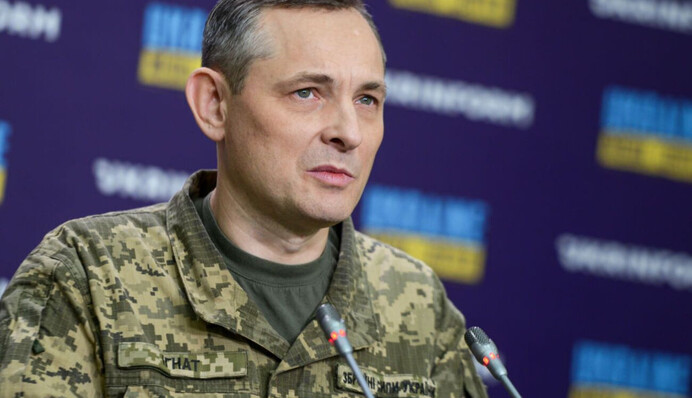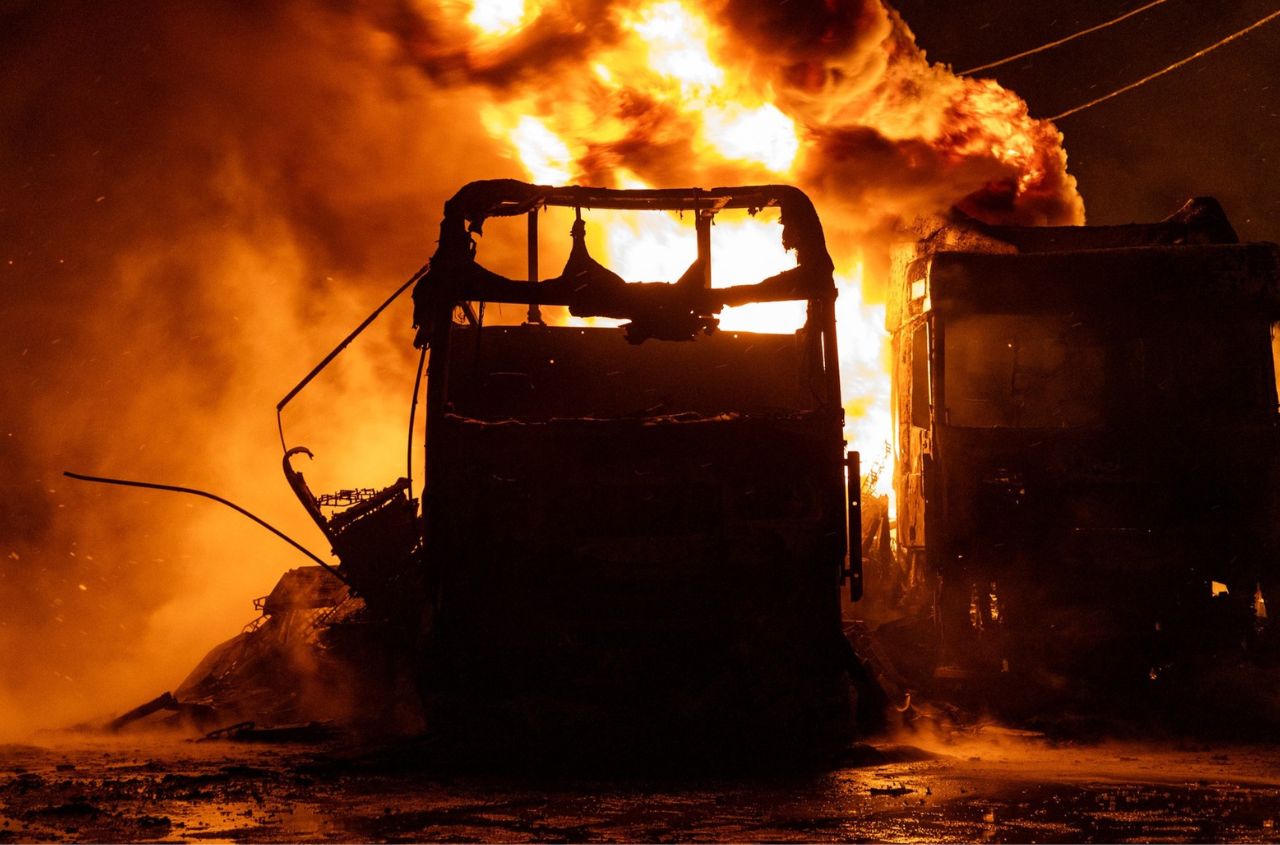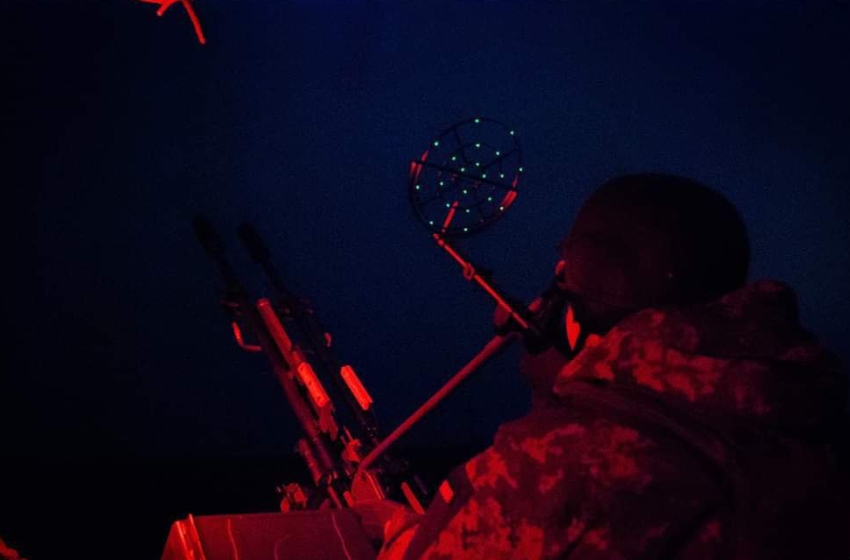I'll begin by noting that since 2014, Ukraine has developed within the framework of the meta-historical narrative of the Maidan of 2014.
This meta-narrative has shaped both the main social-political structures and the mainstream way of thinking, that is, the official ideology.
The war that Russia is waging against Ukraine is aimed at the violent deconstruction of the historical meta-narrative of Maidan-2014.
However, this very narrative is rather loose and ideologically unstructured.
Initially, it was a struggle against social injustice, which led to the systemic desocialization of the state and the dominance of social Darwinism in the political mainstream.
Anti-oligarchy led to the election of the first oligarch-president.
The pursuit of social polyphony led to monoculturalism, mono-ethnicity, and a desire for a rigid, rather than a flexible, identity.
The "thirst for sovereignty" resulted in deindustrialization, the "state in a smartphone," and excessive external dependence.
It’s enough to say that since 2014, there hasn’t been a single year in which Ukraine has not needed external assistance (specifically, support programs, not just a simple increase in national debt).
This "narrow corridor" of opportunities (the self-imposed reduction of its geopolitical and geographical transitivity and maneuvering space) led us to the basic national myth of the "Treasures of Polubotok," or, in the terms of ancient Greek tragedy, to the factor of the "god from the machine," who was supposed to solve all our internal problems by outsourcing national security issues (NATO membership) and economic development (EU membership) to external actors.
Much like Gogol’s Cossack, Pan Patsyuk, for whom dumplings jumped into his plate with sour cream and then into his mouth.
But the ideology, as well as the ideologists of the Maidan, never emerged.
You can now mentally imagine the "Maidan scene" of 2014—most of its figures have vanished, except for Klitschko, but he’s clearly not the ideologue of the new doctrine.
In the absence of their own, they had to import others—like Saakashvili and Bendukidze.
There was an urgent need to find a "free-to-use ideology," and it was found in the form of quasi-liberal transhumanism, aided by a well-known philanthropist from the US, who, in our context, revealed himself more as a misanthrope.
The lack of a new ideology led to the failure to form a marker for internal political structuring, and there was no clear understanding of the country’s development strategy (outside of the ideas of EU and NATO membership, which turned into self-sustaining absolutes, meaning they transformed from a tool into a goal).
In the meta-narrative of Maidan, everyone saw something different, like in the mirror of the Harry Potter novels.
Now, Russia is waging a war whose goal is the forceful deconstruction of the historical meta-narrative of Maidan-2014.
What Future Scenarios Are There for Ukraine?
There is the basic and official option, which we can call the "Victory of the Maidan Meta-Narrative."
The essence of this scenario is to implement the "God from the Machine" factor and, using the meta-historical narrative of Maidan as a springboard, leap into NATO and the EU.
The strength of this plan is that it is supported by the passionate part of society, which sees it as the only alternative. It is also financed by external donors.
The weakness, however, is that it can only be achieved if the West is civilizationally ready for direct confrontation with Russia or in the case of Russia’s collapse. Both scenarios have a relatively low probability.
The second option is the "Transformation of the Meta-Narrative."
This is the trend of sovereignty and reliance on our own forces.
The strength of this scenario is that it depends solely on us.
The weakness is that its realization requires a model of maximum internal inclusion of all available developmental potential.
This means multiculturalism instead of monoculturalism, national polyphony instead of mono-ethnicity, and a flexible, rather than rigid, identity—essentially, a model diametrically opposed to the current mainstream in our country.
Therefore, it is more likely that the historical meta-narrative of Maidan will transform towards integral nationalism, which narrows rather than expands the internal potential.
Option Three - "Internal Deconstruction of the Historical Meta-Narrative"
This scenario is similar to the Georgian model, where the historical narrative of the "Rose Revolution" and Saakashvili’s legacy were dismantled.
It is a situation in which society itself dismantles what, otherwise, would be deconstructed externally.
The positive side of this plan is the possibility of a fragile balance between sovereignty and external pressure.
The negative side is that this scenario is unlikely in Ukraine, as the passionate part of society would not accept it, and external donors would strongly oppose it.
Option Four - "External Deconstruction of the Historical Meta-Narrative"
This is a multi-stage war, involving freezes and unfreezes.
External aggression from Russia aimed at breaking the narrative (referring to Russia’s goals, not actual possibilities).
There are no positive aspects of this option for us, and countless negative ones.
In terms of time, it could take the entire historical perspective, completely annihilating the long-term horizon for positive development.
Regarding the likelihood of these options:
Options Two and Three are practically impossible, equally so.
The model of "relying on our own forces" and the "Georgian scenario" are almost unachievable in Ukraine, though not entirely impossible.
Thus, the fundamental scenario will remain Option One, which will trigger Option Four.
The transition to a new geopolitical configuration (outside the scope of all four scenarios) will only occur after reaching a singularity point, when the country finds itself beyond "the horizon of current events."
At that point, the historical meta-narrative of Maidan-2014 will either become a historical myth or be fundamentally reinterpreted.





















